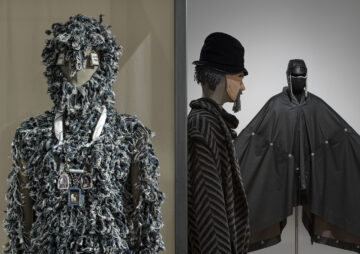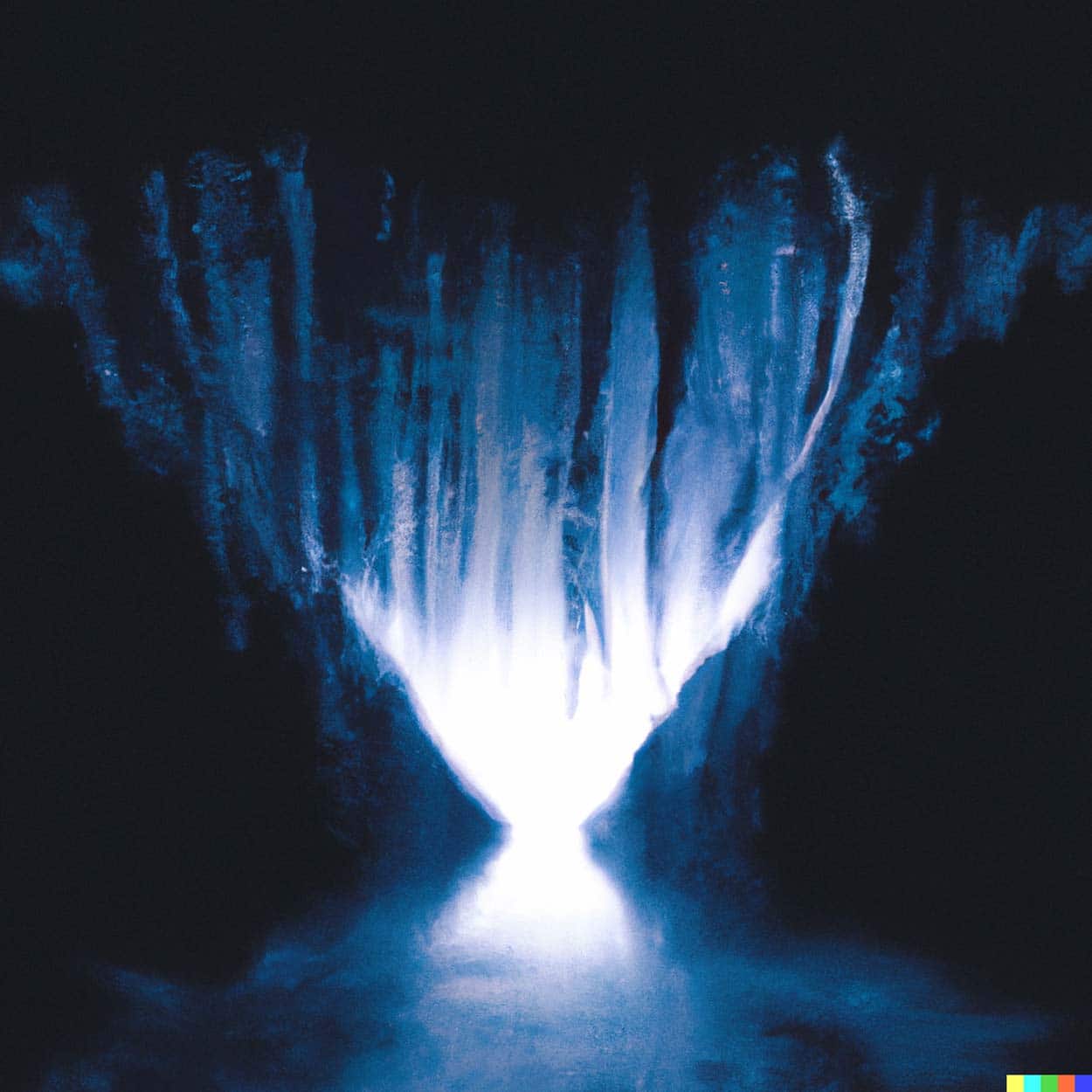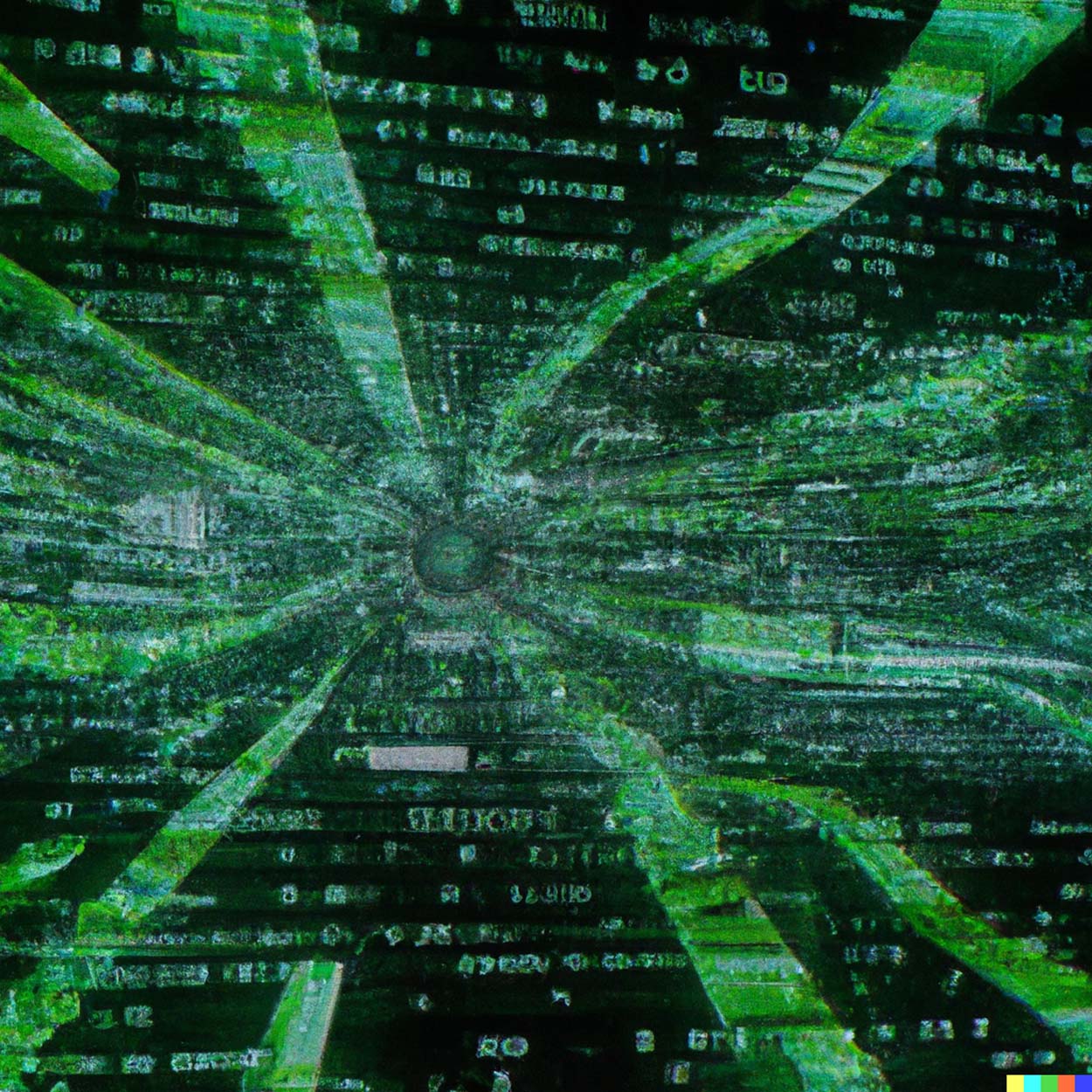
Supercontinent “fashion”: Numéro Berlin in conversation with Emanuele Coccia
Sometimes, says Italian philosopher and author Emanuele Coccia, we forget that for a long…



Who better to ask about what the future holds than one of the architects of the ongoing intellectual revolution? Dubbed the ‘‘poet of physics,’’ renowned theoretical physicist Carlo Rovelli spent decades deciphering the complex laws of the unseen world. Moreover, with the help of philosophy, epistemology and a pinch of literary flair, he makes quantum theory graspable, selling millions of books around the world. His latest offering, Helgoland, retraces the journey of quantum theory from its pioneers like Schrödinger, Born, Dirac, Einstein and Heisenberg, a centenary scientific and philosophical revolution with daily applications shaping our present and future lives. Although already 100 years old, quantum theory still holds many secrets and mysteries to unfold in years to come. Quantum computing is sold to us as the new promising tech frontier. But it’s also an ongoing evolution in paradigm that affects our perception of the world. Could changing our vision of the universe be the key to a better future? A conversation with the discoverer of loop quantum gravity theory.
Carlo Rovelli: The sense of freedom, liberty, possibility of taking my life in my hands, and not being constrained by what everybody else thinks or expects from me, has been the best experience and the legacy those years left with me.
CR: It did not really spark my interest in physics. Rather, it left me with a large number of unsolved and puzzling questions in my mind. If the perception of reality can be altered so easily, how do we really trust our usual perception? It left me with a sense that reality could perhaps be quite different from what our standard intuition suggests, and with a great curiosity to learn more.
CR: It makes materialism less naive. The world is not just a bunch of little stones bumping against each other. It is formed by more subtle structures, relations and interactions. This is not a step back from materialism to idealism or spiritualism. It is a step forward in understanding the physical nature of reality.
CR: 100 years after Copernicus wrote his book, with the idea that the Earth spins, this idea was still unconceivable and dramatically counterintuitive for almost everybody. It takes time to digest the deep, new things we learn about reality. In addition, the specialists, the scientists themselves, are not yet in real agreement about how to best think about the new discovery. No surprise then if everybody else is confused as well. My book Helgoland is entirely on this issue.
CR: The thesis developed in the relational interpretation of quantum mechanics, and which is described in Helgoland, is that we may better understand the world as a network of interacting processes rather than a collection of entities, or “things.” This means that entities can only be understood from the way they interact, and as evolving in time; entities in isolation do not make sense.
“The risk is of human stupidity, not artificial intelligence.”
CR: It is not logic that is challenged by quantum phenomena. It is common sense. What is challenged is the normal view of reality made by things that have their properties. A stone is a piece of rock that is somewhere, has a weight, a velocity if it moves, its own color, and so on. This intuitive view of reality is only an approximation. A stone is a very complicated phenomenon: It is a momentary coming together of configurations of quantum fields… It looks static for the same reason the Earth looks like a boring, static blue rock when seen from the moon.
CR: I do not think that the fear that the development of AI without control may lead to the end of humanity is justified. That an AI machine launches a nuclear war is far more unlikely than a human being launching nuclear weapons (they have already done so). I have a much higher level of distrust in humans than in AI. Nobody is going to give much power to AI at present, and AI is not going to grasp power by itself. That is science fiction. Have you tried to use the chat bots? They are plainly stupid. They are better than humans in some specific tasks, but so are washing machines. The risk is of human stupidity, not artificial intelligence.
CR: In my opinion, definitely quantum gravity. The problem of making sense of the quantum property of space itself and time itself. We have tentative theories that do this: The most developed is called loop quantum gravity, but we are not sure if they are right, because they are incomplete and we have not been able to test them.
CR: I do not think that there is a specific “quantum thinking.” Rather, I think that quantum mechanics helps us to see the limits of certain notions or ideas that we take for granted. For instance, the idea that the best way to think about the world is always to think in terms of “objects,” or “things.” Often, relations come before things.
CR: Of course. It is simple to see: The best science and the best philosophy of the past have come from people in the two disciplines that were listening to one another.
CR: We already think in terms of relations very often. We know that a human being, a biological species, a chemical element are determined and defined by how they interact with whatever is around.
CR: What I call “tribal thinking” is unfortunately a very common way of thinking today. It is the mistake that we make when we think that our best interest is for our group to prevail. We fail to see that our best interest is for our group to better and more effectively collaborate, to find common ground to find compromises, and search for the win-win solution. Sometimes, this mistake has dramatic consequences. Every war is the result of this stupidity happening on both sides.
CR: The public debate has always been contaminated by alternative facts. When I was younger, during the height of the Cold War, the world was split in two opposite narratives, each considering the other “alternative facts.” I had the privilege of growing up in a country where both were strong, and got a bit vaccinated against the absurdities of both. At the times of the American Revolution, the Indian Wars, or the French Revolution, it was the same, I think. For sure, nowadays it is the same: People live in their own narratives, on each side of the debates, everybody deeply convinced to have truth and justice on their side. I do not think that quantum theory has anything to do with that. Truth is complicated, never easy. We get closer to it, with time, humility, listening to our enemies, and being honest with ourselves. We are never at any final truth, but sincere debates do end up clarifying who is right and who is wrong, on many topics. So, often reasonable people end up agreeing. This is how the entire immense body of knowledge on which our civilization flourishes was slowly built, along the millennia.
CR: To protect the environment, it suffices to be reasonable, which we are not. We do not need quantum thinking. We need not to be bamboozled by the special interests that resist implementing the changes we need. And, again, we need to invest resources in the common problems of humankind, rather than trying to prevail upon one another.
CR: I think that it is an interesting possibility, but there is too much hype around it. I doubt all the promises will be kept.
CR: I am afraid that is asking too much from quantum physics. We have a chance of becoming better human beings by stopping being predators as we are at the international level towards one another. Quantum physics has nothing to offer. It is up to us to be reasonable. A bit wiser than what we are.
CR: The coming war between the US and China. Seems that the US is desperately trying to go into it.
CR: The moment in which the people in power will realize that their task is not to make one country or one system prevail. It is to build a peaceful and collaborative world, and address the common problems of humankind: the ecological crises, extreme poverty, the dramatic economical inequalities, diseases…
CR: I appreciate your optimism. Maybe because I am older, I see people demonizing our countries, spending much more on the military, preparing for war. Forgetting the good “no more war” ideal of the past. I hope to be wrong and that you are right.
CR: There certainly was when quantum theory was conceived. It was conceived by a group of very young people, in their twenties, full of courage, irreverence and freedom. Now, quantum theory is an old lady, it is 98 years old.
CR: Yes, definitely. We should teach the history of science. To see how painfully we came to know the little we know. We should also teach history from the perspectives of others. It is astonishing how each country teaches its students a version of history totally different from the other countries. So, everybody ends up believing they are in the only reasonable place on the planet. And we do not understand each other anymore. And we kill one another, as we are doing routinely.
CR: It certainly may give us a sense that the world may well be stranger than we thought. And quantum theory for sure tells us that the world is indeed stranger than we thought.
CR: Nature is quantum. This is a fact. Like the fact that the Earth is spinning. It will be quantum in the future, it is quantum now, and it was quantum in the past. We have just learned this, and it is in this sense that we have entered a quantum world.

Sometimes, says Italian philosopher and author Emanuele Coccia, we forget that for a long…
It’s one of Berlin’s event highlights of the year – the Half Marathon. But even…

UGG® has teamed up with Los Angeles-based designer and multidisciplinary artist Reese…